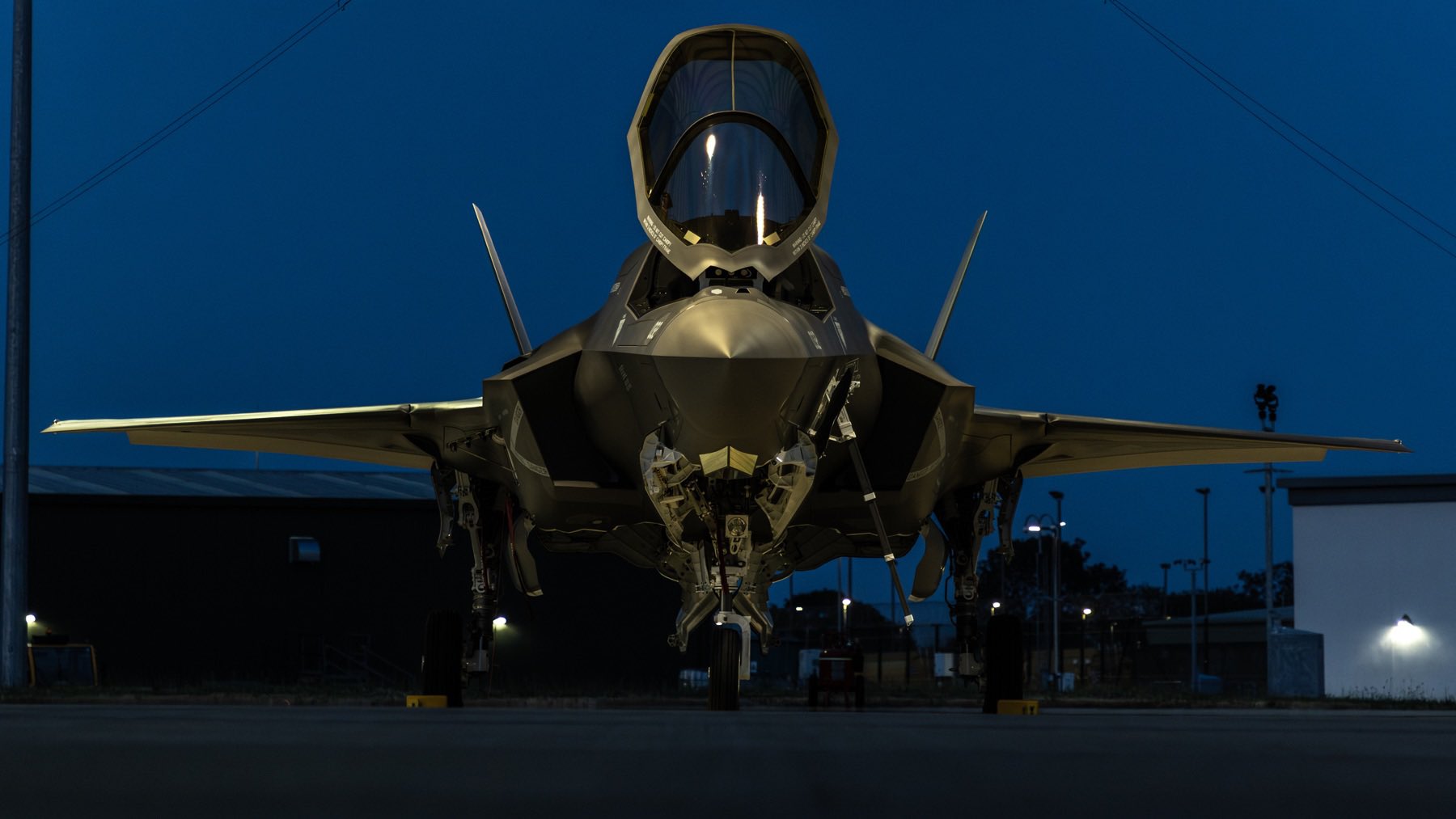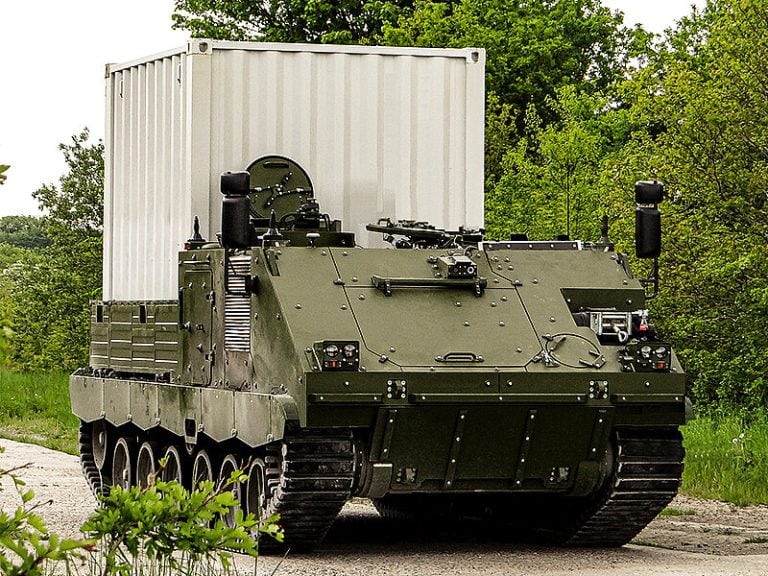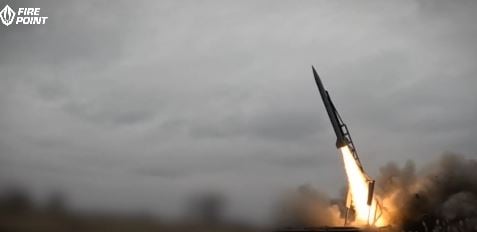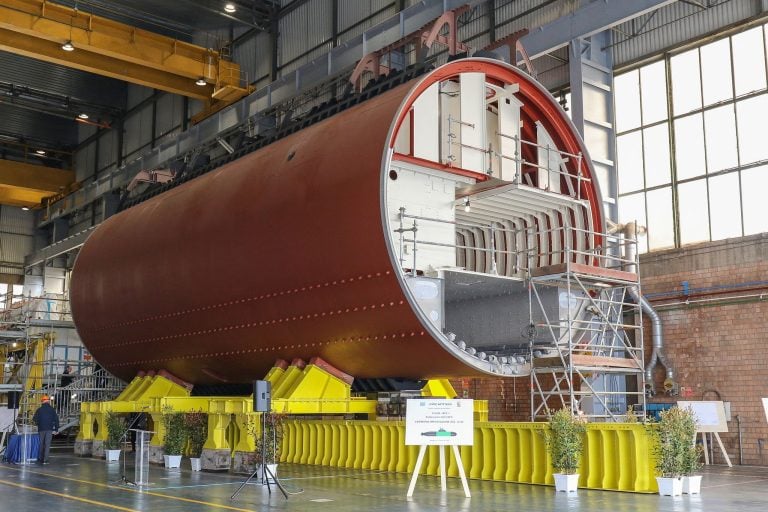Lockheed Martin has entered a strategic partnership with AED Cluster Portugal, a prominent industry organization representing over 140 entities in the aerospace, space, and defense sectors. This agreement aims to explore potential local participation in the F-35 program, contingent on Portugal reconsidering its decision not to acquire the American fighter jet.
Under the terms of the memorandum of understanding, AED Cluster Portugal will act as a crucial liaison between Lockheed Martin and domestic companies interested in engaging with various aspects of F-35 production, research, maintenance, and training. This collaboration is designed to facilitate the integration of Portuguese suppliers into the F-35 supply chain, potentially enhancing local industrial capabilities.
The U.S. Embassy in Lisbon has highlighted the agreement’s significance, referring to it as an opportunity for Portuguese companies to engage with high-tech programs and bolster the national aerospace and defense ecosystem.
Despite the emerging partnership, Portugal’s defense landscape remains uncertain. In November 2023, the Portuguese Air Force officially recommended the procurement of F-35 fighter jets to modernize its fleet. Chief of Staff General João Cartaxo Alves emphasized that the American aircraft was the sole viable option to replace the country’s aging F-16 fleet.
However, Defense Minister Nuno Melo has raised concerns earlier this year, particularly in light of geopolitical factors and the implications of Donald Trump’s re-election as U.S. president. Melo noted that the current geopolitical climate demands careful consideration of defense choices, stating, “We cannot ignore the geopolitical environment in our choices. The recent position of the US, in the context of NATO… must make us think about the best options, because the predictability of our allies is a greater asset to take into account.”
The F-35 is among the most advanced fighter jets globally, dependent on continuous software updates and tightly managed logistics from the U.S. This reliance on American support raises strategic vulnerabilities for Portugal if political shifts or military conflicts affect access to critical components and operational assistance.
Nevertheless, Portugal’s defense ministry has not dismissed the F-35 outright and continues to evaluate it alongside other European-made alternatives as part of its defense strategy. This ongoing assessment reflects the complex interplay between modernization needs and geopolitical considerations in the realm of national defense.







